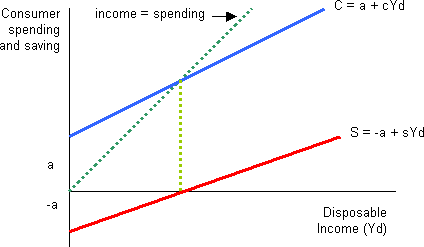- Joined
- Apr 18, 2013
- Messages
- 94,313
- Reaction score
- 82,702
- Location
- Barsoom
- Gender
- Male
- Political Leaning
- Independent
There is something very strange about the GOP tax plan
Illuminating read on the alarm bells being raised by economists and financial-sector think tanks.
Related: Wall Street to Washington: Tax cuts are 'sugar high' that don't promote long-term growth
Illuminating read on the alarm bells being raised by economists and financial-sector think tanks.
Related: Wall Street to Washington: Tax cuts are 'sugar high' that don't promote long-term growth

